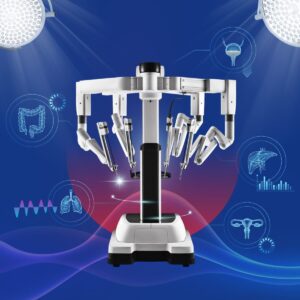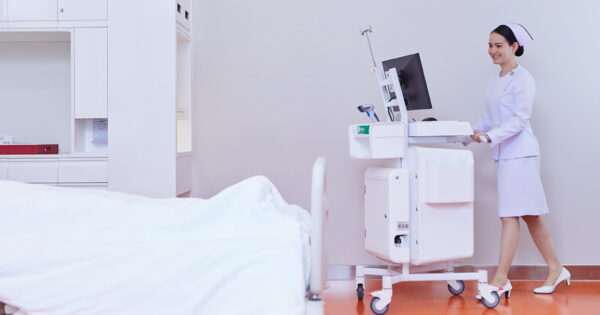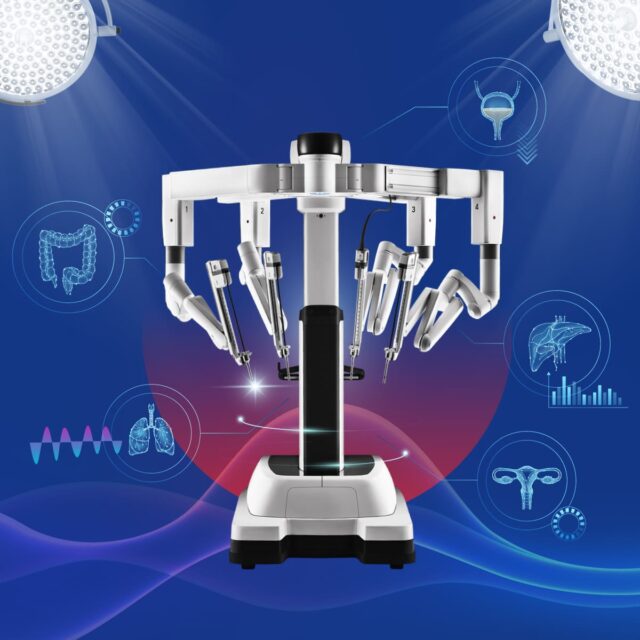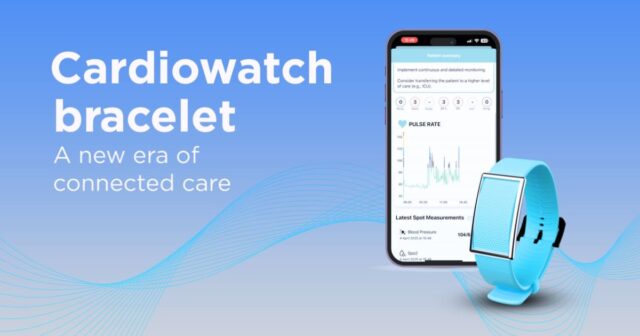Medication carts are a vital tool in patient care, both for the delivery of medications to patients in their rooms at designated times each day and for performing various procedures. Hence, selecting the appropriate cart to serve patients efficiently is considered highly significant by leading hospitals in the BDMS network or Bangkok Dusit Medical Services, as much as any other type of medical equipment.
Innovation of Smart Medication Carts
Standard medication carts on the market include both generic metal carts without specific functions and those with drawers specifically for storing medications, which must be imported. Considering the different types of carts available, none completely satisfy all needs, leading to the cooperative innovation of smart medication carts by BDMS and SCG Chemicals, which have collaborated on medical innovations. Their expertise includes design, material selection, and offering complete solutions.
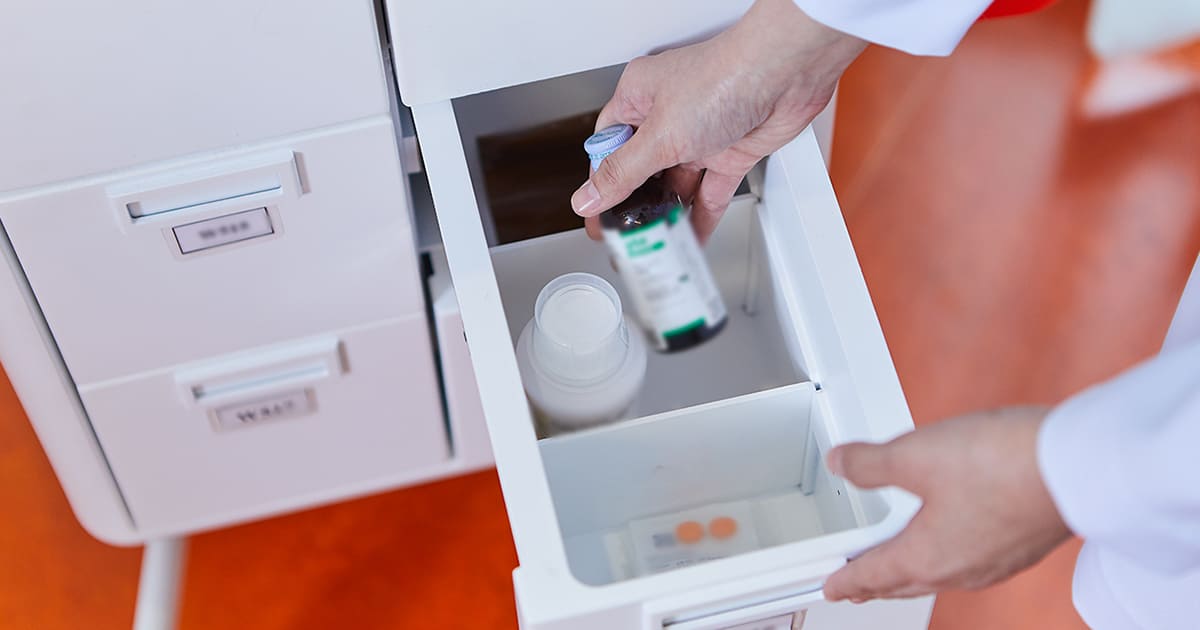
Systematic Medication Management
BDMS aims to adjust medication management into a closed system or Close – Loop Medication as much as possible. When a doctor prescribes medication through the computer system, the information is sent directly to the medication cart, enhancing convenience and speed. SCG team studied the real workflows of doctors, nurses, and pharmacists involved in using the cart directly and indirectly. After understanding the requirements, SCG designed the cart with 6 drawers, corresponding to the number of patients each nurse is responsible for, equipped with a lock system that requires patient ID scanning for identification and unlocking only the specific drawer assigned to that patient to ensure accuracy in dispensing medications.
Moreover, nursing staff must log in to confirm their identity each time before use, allowing for systematic workchecks or record keeping. All drawers remain locked at all times; the staff can operate only 1 drawer at a time, to prevent errors and confusion. A patient ID scan is necessary to unlock each time when loading medications from the pharmacy into a drawer and when dispensing them at the patient’s room. Additionally, a computer screen assists in verifying the accuracy of medications before dispensing to patients.

Convenience in Every Aspect
Once the main functions of the cart were designed to fit their purpose, its design also facilitated ease of use for the staff. The SCG team designed the handle, swivel wheels with locks, and the overall size of the cart to be convenient and lightweight. They also designed the drawer heights to suit storing medicine bottles upright, preventing residue at the bottle neck and spillage that could occur with horizontal storage—previously a limitation of traditional carts. From studying nurses’ actual workflow, the SCG team designed compartments for essential items to be well-proportioned, such as plaster storage, syringes, a disposal bin for needles, an IV bag hanger, document storage, and an area for liquid food trays, etc.
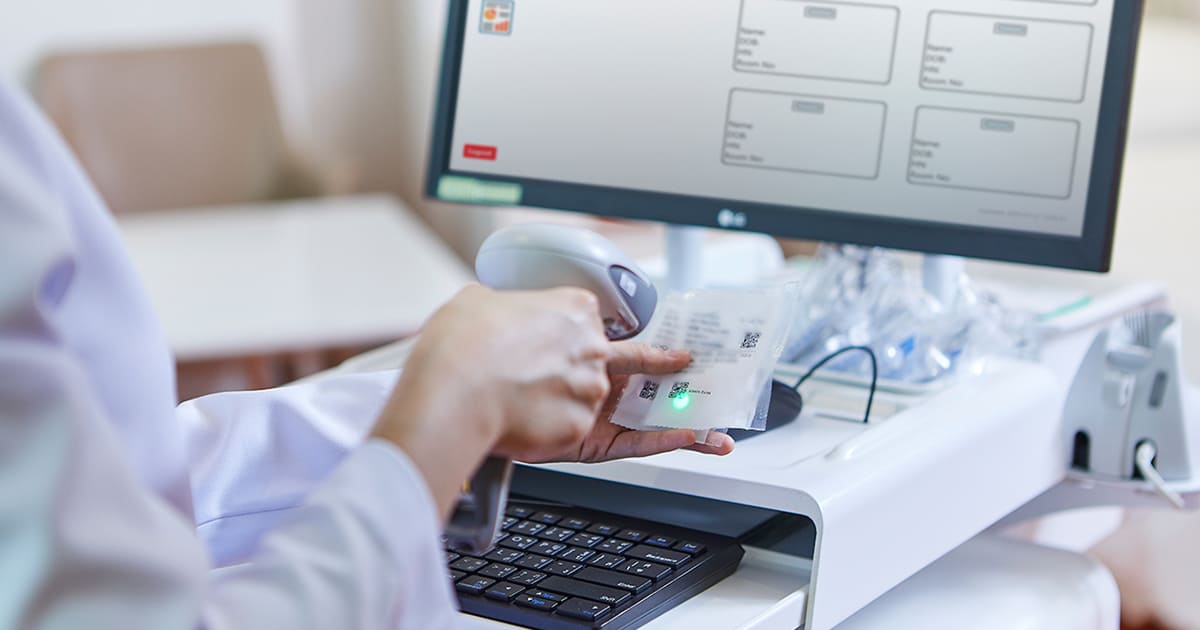
A Complete Digital Integration
A key highlight of this innovation is the digital system integration. What turns a regular medication cart into a smart one is “data.” By enhancing the process of connecting physical devices with information and the computer system. Cooperation in software development came from the Digital team of SCG Chemicals, which took hospital requirements and developed software linked to the existing hospital database, increasing medication dispensing accuracy, reducing human errors, and improving the auditing system since every activity is recorded, enabling efficient data analysis.
Additionally, the smart medication cart employs sensor technology to monitor the drawers’ open/close status and to measure temperature and humidity levels inside medication storage drawers to ensure they’re stored under appropriate conditions according to JCI standards, assuring patients of medication quality. In the future, devices integrating physical objects with data and computer systems will increase, enhancing work efficiency and quality of life.
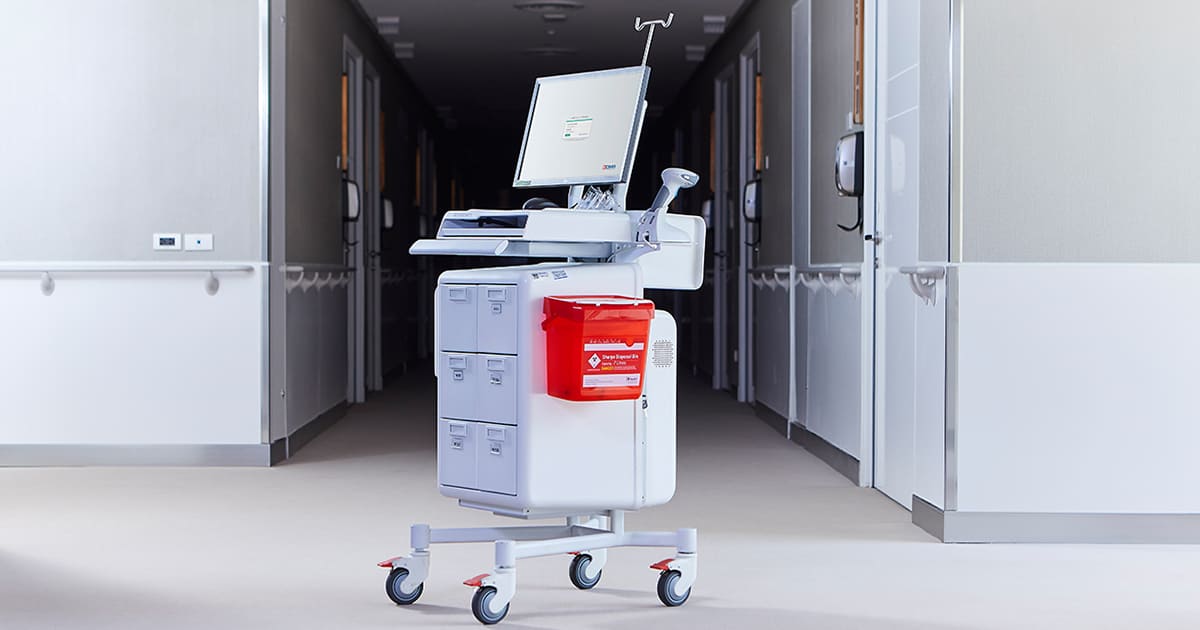
Currently, the smart medication cart is already in use at Bangkok Hospital, Soi Research Center, and BDMS has expanded its use to other network hospitals, including Phayathai and Paolo Hospitals. The design of the smart medication cart was also adjusted to accommodate 8 drawers to suit the operations of both hospitals, showcasing a clear example of innovation development based on real user needs.

